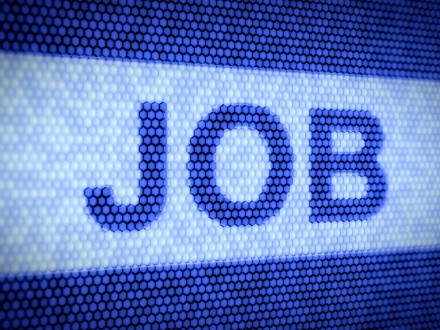10 Ways in Which Artificial Intelligence Benefits the Human Resources Department

From screening resumes to evaluating performance to introducing automated response systems, this technology can revolutionise the way we work.
The presence of artificial intelligence (AI) in our lives is becoming increasingly relevant, with generative AI being the latest big trend.
Companies are opening their arms to the possibilities that this technology brings. Although some departments have more of a head start than others. Seresco identifies HR as one of the latest to embrace AI-intensive use.
The reason for this is that, in the past, this area served as a support. Now, with the need not only to attract but also to retain talent, its role is becoming more important. In this scenario, AI can function as the perfect tool to eliminate routine processes and analyse massive amounts of data.
Seresco identifies ten major benefits of implementing artificial intelligence in HR activity.
For a start, CV filtering can be done based on specific aspects of the job applicant, reducing the time spent by recruiters in assessing candidates.
In this sense, AI also brings objectivity to the processes with this skills-based screening. The technology will select those people who best fit a pre-established search pattern, without being conditioned by who they are.
But there are more uses than data screening. AI applications can also be used to evaluate the performance of employees by automatically monitoring their activities. Similarly, it helps to understand their level of satisfaction.
At the conversational level, other communication channels and new points of interaction are opening up, with automatic response systems. The technology is prepared to understand natural language and return interactions similar to those of a human being, for example, to resolve frequent doubts.
Because AI is able to take over routine processes, it frees up workers themselves and allows them to make better use of their time to focus on value-added tasks and increase their productivity.
This automation also leaves the way open for HR team members to evolve in their roles and become strategic consultants.
Another benefit is payroll automation. “Artificial intelligence makes it possible to develop an intelligent virtual assistant that supports payroll processes by correcting, predicting, and preventing errors that involve costs and time for companies,” explains Seresco, which indicates that this is possible “thanks to algorithms that analyse historical payroll data to detect, classify and correct anomalies, and to machine learning, which obtains information from past errors to support its predictions”.
This relationship between AI and payroll directly impacts the employee experience. It will be able to edit details or alert on incomplete information, as well as introduce salary collection trends by days worked and flexible payrolls.
“Through AI and Big Data, HR departments can exploit all the information stored in their systems based on salaries earned,” adds Seresco, “cross-referencing this type of information with employees’ tastes, geographic areas, and roles to obtain models that allow, in an automated way, a search for professionals and talent in the market, eliminating the subjective variable and adjusting the offer to the employee, location and the company’s budget in the recruitment process. This would be the digitalisation of the search for talent.
Finally, artificial intelligence allows for a reorganisation of tasks and the introduction of new working methods.